Orrick, KPMG and Upside Cooperative recently put out a whitepaper exploring the benefits of a cooperative ownership structure for web3 (specifically DAOs). Several DAOs have been looking at LLCs for integrating a legal ownership structure and bringing legal protections for their members (as far as I know, without a legal framework, DAOs are treated as 'partnerships' by default where all members are personally liable for the actions of the DAO). However, given the hierarchecal structure of LLCs, it seems that a Cooperative framework might best align with DAOs as well as the overall ethos of blockchain?
From the KPMG whitepaper:
"In web3, projects that add cooperatives to their ownership structures could boost participation and reduce regulatory risk while giving users more control of the digital networks they use and a share of the value they create.
Giving users ownership through cooperatives might even provide builders and investors a better return on investment than if they shared ownership with users through tokens alone. This is because the cooperative structure rewards users in proportion to their participation and consequently may provide a stronger incentive than tokens for users to engage with and strengthen digital networks.
The SEC has [also] consistently declined to classify cooperative memberships as securities, enabling cooperatives to distribute ownership to users quickly and easily, while also offering important protections to their members."
Further, the International Cooperative Alliance (ICA) defines a cooperative as:
"An autonomous association of persons united voluntarily to meet their common economic, social, and cultural needs and aspirations through a jointly-owned and democratically controlled enterprise […] Cooperatives are based on the values of self-help, self-responsibility, democracy, equality, equity, and solidarity."
Several rules and standards have been formally ratified as the governance model for cooperatives by the ICA:
· Any individual is welcome to become a member.
· Cooperatives are democratically run associations in which each member enjoys a single vote. Elected representatives, drawn from the membership, are responsible for management of the association and accountable to the membership.
· Members contribute equitably and democratically to the capital of their cooperative. Capital becomes common property and members jointly decide how it should be used.
· Cooperatives provide education and training for their members.
· Cooperatives are expected to broaden the networked Commons by providing an ever-expanding and ever-integrating space for collaboration and cooperation across all regions of the world.
· Cooperatives are tasked with promoting sustainable development through the policies and programs they engage in.
Both cooperatives and DAOs flatten and democratize the traditional hierarchical pyramid of management such that, instead of a tiny minority dictating actions to the collective below, decision-making power rests with the collective commons as a whole.
Thus, cooperatives seem to be an appropriate/aligned legal framework for DAOs to operate. Further, combining the two frameworks (ie. bringing traditional cooperatives to the blockchain) could have benefits all around, where blockchains bring trust and coordination to shared resource pools and autonomous protocols can incetivize members and manage resources.
Should DAOs be looking at a cooperative structure over an LLC?
[link] [comments]

You can get bonuses upto $100 FREE BONUS when you:
💰 Install these recommended apps:
💲 SocialGood - 100% Crypto Back on Everyday Shopping
💲 xPortal - The DeFi For The Next Billion
💲 CryptoTab Browser - Lightweight, fast, and ready to mine!
💰 Register on these recommended exchanges:
🟡 Binance🟡 Bitfinex🟡 Bitmart🟡 Bittrex🟡 Bitget
🟡 CoinEx🟡 Crypto.com🟡 Gate.io🟡 Huobi🟡 Kucoin.
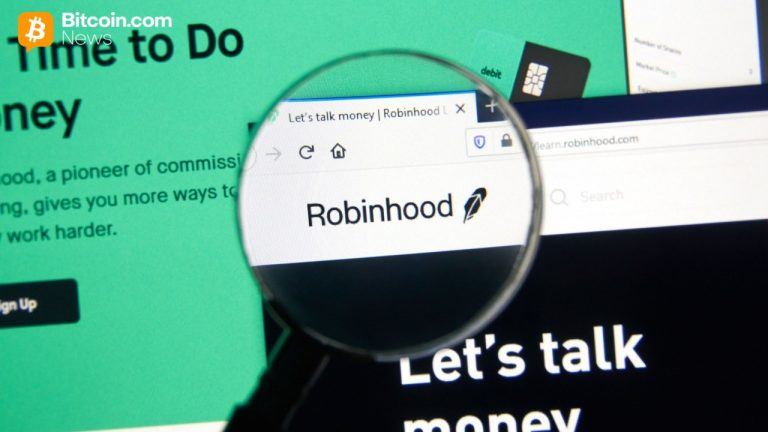


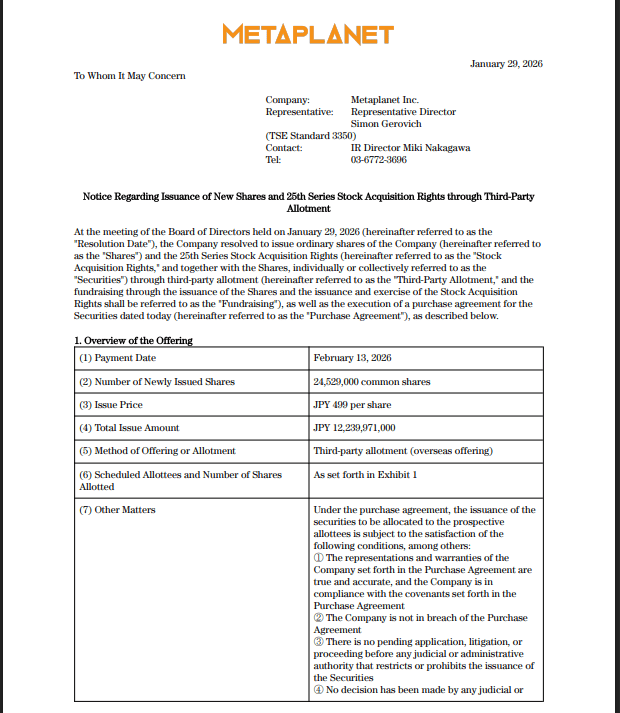




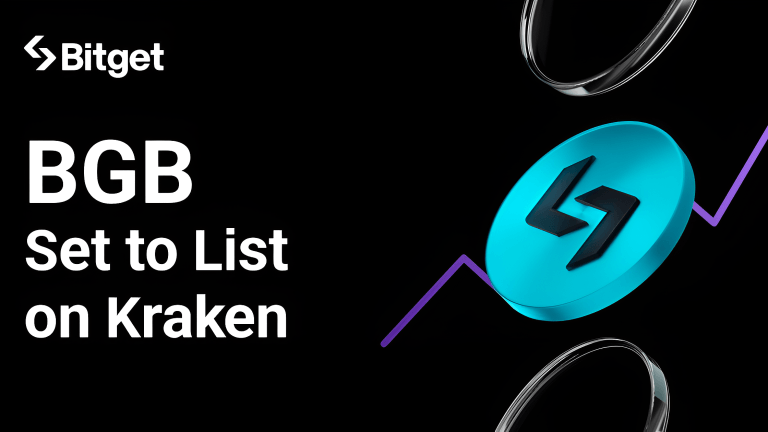



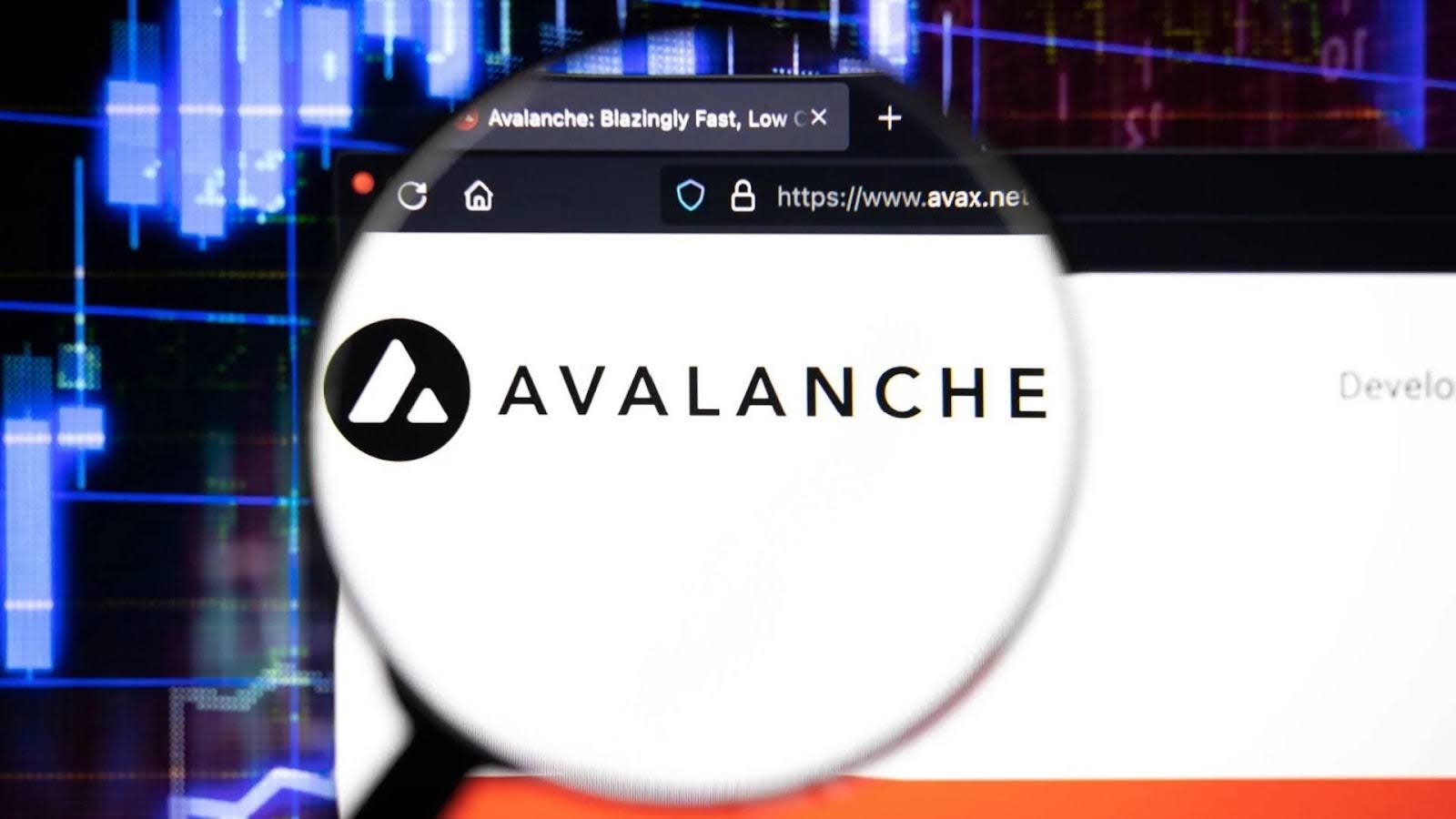
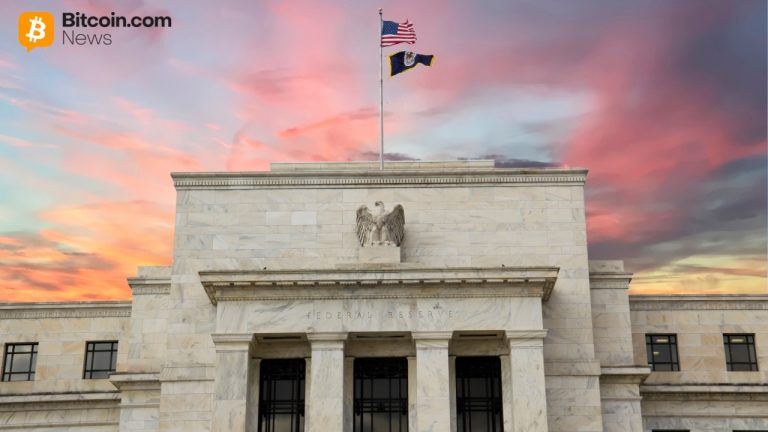





Comments